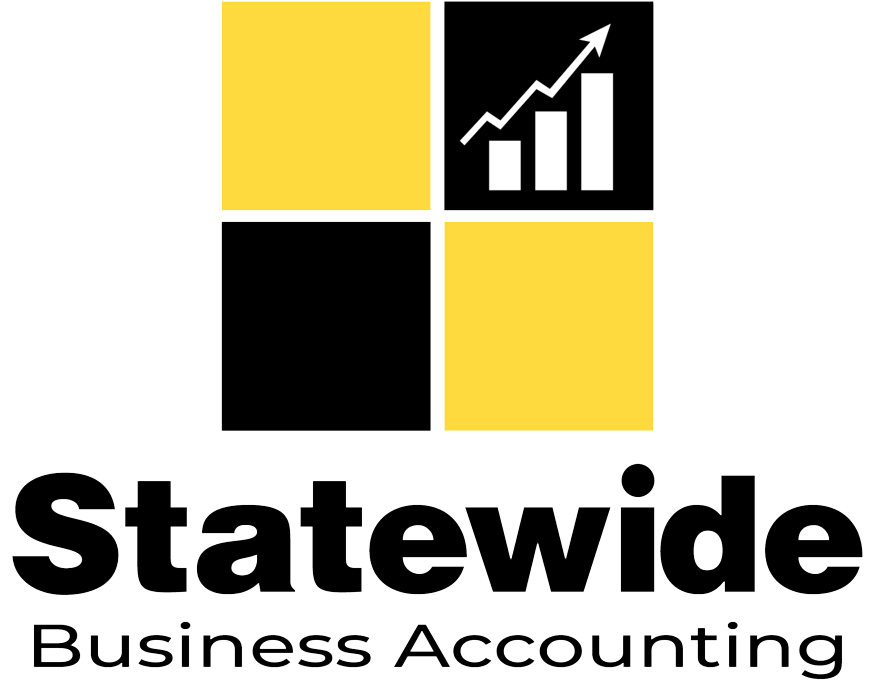Have any Questions? Call us Today!
044 959 6147
More Questions

Tax Accounting Duties for Professionals Who Work for Individual Clients
In the busy pace of life, tax accountants help individuals to work out all the tax preparations and tax return issues because mostly, people are working in some sort of a company or as an independent contractor, who works at their own pace for establishing the company for performing their duties.
A tax accountant is an individual that helps companies/clients assisting them with financial and income tax statements. They help prepare taxes and payments, identify tax savings, and analyze the tax issues that corporations generally face. Below I’ve mentioned the key job responsibilities of a tax accountant.
Tax Accountant Responsibilities:
- Help to identify, analyze tax issues, and find solutions.
- Manage clients' tax database.
- Identify tax savings and endorsing some strategies to improve profits.
- Ensure that client complies with the government regulations by sending essential documents to federal, state, and local authorities.
- Help with preparing quarterly and annual tax reports.
- Evaluate tax regulations and suggest some policies to reduce the tax burden.
- Provide guidance and support during tax audits.
- Payments, tax return preparation and keep crucial documents & reports ready.
- Keep up-to-date with tax law amendments and industry trends.
Obeying the Law
Financial accounting information must be assembled and reported objectively. When you rely on virtual accounting services, you have the right to be assured that your financial accounting information is free from bias and inconsistency, whether deliberate or not. For this reason, financial accounting relies on certain accounting best practices and standards called “Generally Accepted Accounting Principles” (GAAP).


Creating Budgets and Financial Records
Budgets are financial plans for future periods that provide guidance to various insiders. to help achieve organizational goals. They are statements of intention that reflect the priorities of their authors. The audience for the budget of an organization is the insiders of that organization. Budgets are useful for allocating the resources of an entity to different areas and departments within it and for controlling and monitoring how such resources are spent. Financial statements report the actual use of resources by the administrators in the past year. Management can make use of this accounting leeway to achieve deficits in their operations so that they can ask for more funding from their donors or to achieve an advantageous wage settlement with their employees.
Analysing Financial Performance
Financial performance analysis includes analysis and interpretation of financial statements in such a way that it undertakes full diagnosis of the profitability and financial soundness of the business. The financial analyst program provides vital methodologies of financial analysis.
Developing Business Strategy
Strategic planning, and even visioning, cannot be casually ideated in a few hours. Often, strategic planning is associated with completing a SWOT analysis. Participants show up for an all-day meeting and end up with a list of opportunities including imprecise strategies, such as “expand internationally.” Their list is void of any market analysis, research and business intelligence. When their ill-conceived tactics fail, they blame the strategy.
- Develop a true vision.
- Define competitive advantage.
- Define your targets.
- Focus on systematic growth.
- Make fact-based decisions.
- Think long term.
- But, be nimble.
- Be inclusive.
- Invest time in pre-work.
- Measure your results and execute excellently.
